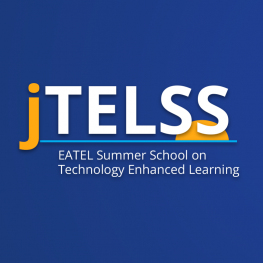Speakers
Baltasar Fernández-Manjón
Universidad Complutense de Madrid, SpainJulio Santilario-Berthilier
Universidad Complutense de Madrid, SpainStart
14/05/2024 - 10:30
End
14/05/2024 - 12:00
Introduction to serious game learning analytics
Tuesday 14/05 10:30-12:00h
Workshop Space A
Needs Analysis
Serious games are an application increasingly used in education not only to teach but also to raise awareness or convey messages effectively to new public. But it is necessary to be able to test their effectiveness and validate them. Gathering evidence on their use and from that evidence understanding what happens when complex software is deployed is becoming more and more relevant. And all this while maintaining data ownership and respecting European GDPR privacy regulations.
Learning Objectives
Serious games are an application increasingly used in education not only to teach but also to raise awareness or convey messages effectively to new public. But it is necessary to be able to test their effectiveness and validate them. Gathering evidence on their use and from that evidence understanding what happens when complex software is deployed is becoming more and more relevant. And all this while maintaining data ownership and respecting European GDPR privacy regulations.
Pre-activities
None. But a general understanding of what a serious game is and of learning analytics principles (including EU GDPR concepts) is a plus. Some readings will be recommended before the session.
Session Description
- General introduction to serious game analytics
- Capturing user interaction with the game (traces and pre/post as evidence)
- Use of evidence to evaluate the game
- Use of standards to systematize the process (e.g. xAPI)
- Demonstration of the operation with a simple game, a tracker, and a learning record storage

